One of long-standing problems in the fight against counterfeits in Ukraine is the lack of efficient enforcement mechanisms on-line
Even a strongly grounded statement of crime may not result in successful criminal proceedings in Ukraine. In the complicated and long criminal procedures infringers sometimes come unscathed out of the battle. It is almost impossible to block an online store selling counterfeits, but even if the police manages to close the website, in a few days the same store will emerge again under another domain name. Therefore, as long as procedures for blocking web-sites are so complicated, the struggle against illegal online stores would be in an infinite loop. One of the latest bills aimed to break this loop is the Draft Law of Ukraine "On Amendments to the Law of Ukraine "On Consumer Rights Protection" and Certain Legislative Acts of Ukraine on Measures for the Suspension of the Activities of E-commerce Entities" No. 6754 dated 17 July 2017. The draft law stipulates that the State Service of Ukraine for Food Safety and Consumer Protection will be empowered to decide on blocking websites, if the seller (under the respective website) does not provide information about a valid contact number, an address and a name of the seller’s entity. This amendment in the draft law may help to determine the sellers and quickly disable malicious websites avoiding a long procedure of criminal investigation.
Another problem high on the agenda for most right holders using the Ukrainian IP customs register is the need to prolong the term for examination of suspended goods and simplify communication with the customs authorities.
IP right holders urge to enhance cooperation with the customs service to enable more effective and smooth functioning of the IP customs register. The right holders (even if they requested an extended suspension of the infringing goods) can hardly manage to inspect the infringing goods and obtain the results of IP examination within 10+10 calendar days. The customs can initiate an administrative case on the grounds of violation of customs rules (importing counterfeit goods), however, for this, they would need to obtain an accredited IP expert report confirming that the imported goods are counterfeit based on the requirements of Part 14 Article 399 of the Customs Code of Ukraine. Moreover, right holders cannot possibly travel to each customs unit of Ukraine to check the goods, take samples or photos of the goods. For this reason, it is necessary to develop an efficient procedure of cooperation between the right holders and customs authorities and stipulate the grounds for extended suspension of the suspended goods prior to initiating an administrative procedure by the customs. Another core issue in this case is the lack of obligation to involve right holders during the procedure of destruction of counterfeit goods by enforcement authorities. Whereas, such procedures were envisaged by the draft law "On Amendments to Certain Legislative Acts of Ukraine on Enhancing Liability and Protection of Rights in the Sphere of Intellectual Property" dated 09.08.2016 published for discussion by the Ministry of Economic Development and Trade of Ukraine, however this draft law did not reach the Parliament yet. Therefore, there is room for improvement.
Ruslan Drobyazko
Co-Chair of the Chamber IPR Committee,
Baker & McKenzie – CIS, Limited
Yuliya Kolchenko
Expert of the Chamber IPR Committee,
Baker & McKenzie – CIS, Limited





























